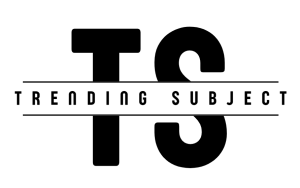The heartbreaking death of 22-year-old Shirel Golan, a survivor of the brutal Hamas-led massacre at the Nova festival, has cast a harsh light on Israel’s failure to adequately support trauma victims in the aftermath of the October 7 tragedy.
Shirel, who endured a nightmare at the hands of terrorists, taking shelter under a bush while others were killed or taken hostage nearby, ultimately succumbed to the weight of post-traumatic stress disorder (PTSD) and took her own life on her birthday.
Her death is a tragedy made all the more unbearable by the fact that her brother, Eyal Golan, holds the state of Israel accountable for not providing the care Shirel so desperately needed.
Despite being hospitalized twice for her worsening PTSD symptoms, Eyal says that the state’s social services system failed her, offering little to no substantive assistance, leaving Shirel to rely on grassroots efforts from fellow Nova survivors.
The trauma Shirel faced began on that devastating October day at the Nova festival, where Hamas terrorists descended in a massacre, killing 364 festival-goers. Shirel and her partner Adi survived by narrowly avoiding capture and death, thanks to heroic efforts by police officer Remo Salman El-Hozayel, who saved hundreds.
But the psychological toll of that day continued to haunt Shirel in the following months, manifesting in symptoms of withdrawal and disassociation.
Despite the Ministry of Welfare and Social Services in Israel denying allegations of negligence, claiming that Shirel was “recognized and treated in the welfare system,” her family’s cries for help tell a different story.
Eyal’s account of his mother being forced to take early retirement just to stay by Shirel’s side speaks volumes about how abandoned they felt.
His statement, “The State of Israel killed my sister twice,” is a bitter indictment of a system that, in his view, failed to protect and heal a young woman traumatized by one of the worst acts of violence in recent history.








